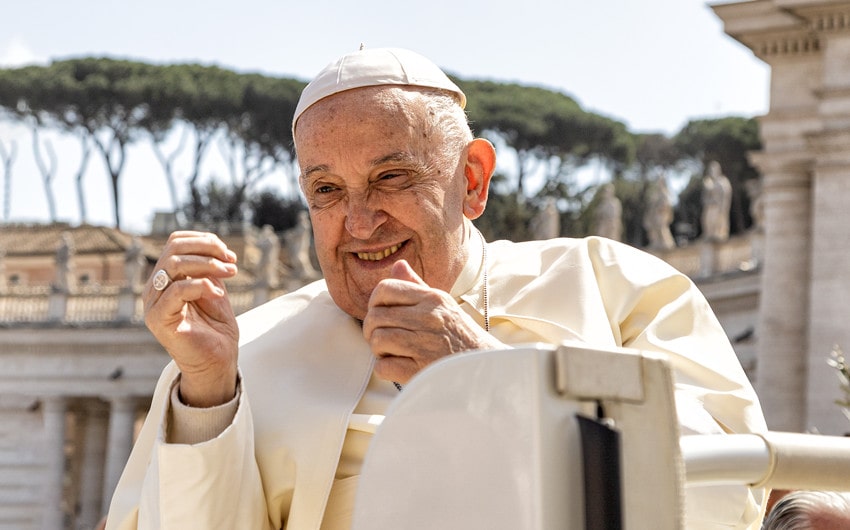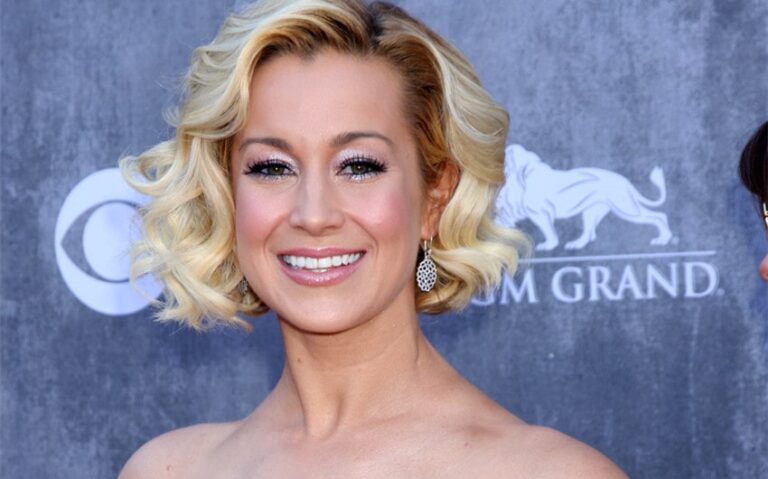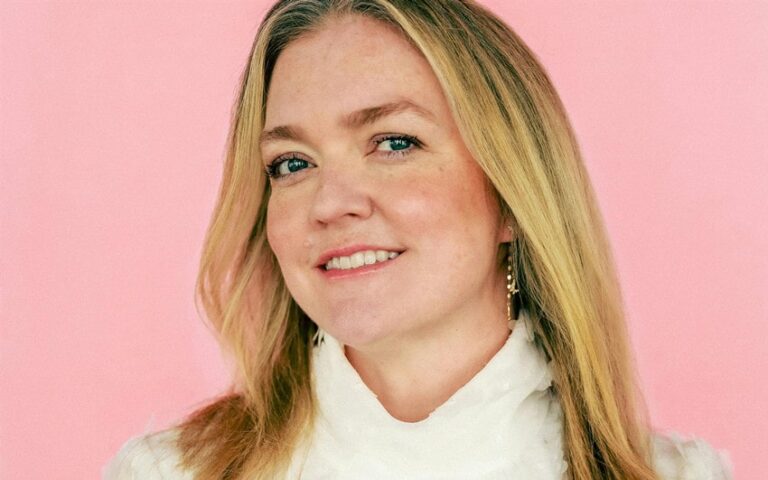Jorge Mario Bergoglio’s Net Worth: What the Pope Truly Possesses
Jorge Mario Bergoglio’s net worth is not the sort of figure you’d expect to find alongside celebrity billionaires or high-profile CEOs. Known globally as Pope Francis, he is one of the most influential figures on the planet—but unlike most world leaders, his relationship with material wealth is one of rejection rather than accumulation. If you came looking for a number with a dollar sign in front of it, you might be surprised to learn that Jorge Mario Bergoglio’s net worth is, in practical terms, close to zero. But that doesn’t mean he lacks value. In fact, understanding his “net worth” means rethinking what wealth means in the context of spirituality, service, and leadership.
Who Is Jorge Mario Bergoglio?
Born on December 17, 1936, in Buenos Aires, Argentina, Jorge Mario Bergoglio grew up in a working-class family. His father was a railway worker, and his upbringing instilled in him a sense of humility, service, and connection with ordinary people. Before entering religious life, Bergoglio trained as a chemical technician and even worked briefly in that field before feeling the call to priesthood. He joined the Society of Jesus (Jesuits) in 1958, became a priest in 1969, and gradually rose through the ranks of the Church.
Bergoglio became Archbishop of Buenos Aires in 1998 and was named a cardinal in 2001. Known for his simple lifestyle, public transportation use, and advocacy for the poor, he was an unconventional figure even before his papal election. In 2013, after the resignation of Pope Benedict XVI, Jorge Mario Bergoglio became the 266th pope—the first from the Americas, the first Jesuit, and the first to choose the name Francis, in honor of Saint Francis of Assisi, the patron saint of the poor.
A Pope’s Lifestyle: Simplicity Over Splendor
From the very beginning of his papacy, Jorge Mario Bergoglio made it clear that he would not be living like a monarch. While the Vatican offers a wealth of historical buildings, art, and formal accommodations, Pope Francis declined to live in the luxurious Papal Apartments in the Apostolic Palace. Instead, he chose a modest suite in the Domus Sanctae Marthae, a guesthouse within Vatican City. This decision wasn’t symbolic—it reflected his values and longstanding commitment to humility.
He’s also known for driving around in simple vehicles, like a Ford Focus, rather than the sleek luxury cars often associated with heads of state. In public appearances, he often wears plain white papal garb and avoids excessive ornamentation. His personal habits mirror the simplicity he advocates: reduced security entourages, modest travel accommodations, and regular interaction with the general public.
This lifestyle is not for show. It aligns with his repeated calls for a “poor Church for the poor.” Pope Francis regularly speaks out against consumerism, economic inequality, and the exploitation of vulnerable populations. Unlike many global leaders, his life provides a mirror for his teachings—and that means shunning personal wealth entirely.
What the Vatican Owns vs. What the Pope Owns
One of the most common misconceptions about the pope is that he has control over the Vatican’s immense wealth. The Vatican does indeed possess significant assets: priceless artwork, historical buildings, and investment portfolios that fund the operations of the Catholic Church worldwide. The Sistine Chapel ceiling alone, painted by Michelangelo, would be worth hundreds of millions if it were ever on the market.
However, these assets belong to the Church as an institution—not to the pope as an individual. Jorge Mario Bergoglio does not own the Vatican museums or St. Peter’s Basilica any more than the U.S. president owns the White House. As Pope, he is the steward of these resources, not their beneficiary.
Additionally, Vatican finances are controlled by various departments, including the Administration of the Patrimony of the Apostolic See (APSA) and the Secretariat for the Economy. While the pope may influence budget priorities or transparency efforts, he does not draw a salary or accumulate private income from these funds.
Jorge Mario Bergoglio’s Net Worth in Practical Terms
If you were to evaluate Jorge Mario Bergoglio’s net worth in traditional financial terms, the answer would be startling: essentially nothing. He does not own property, run businesses, or earn a salary in the way most public figures do. As pope, all his living expenses—housing, food, travel, and security—are provided by the Vatican, which means he doesn’t require a paycheck.
Prior to his election as pope, Bergoglio lived a similarly humble life as a cardinal in Argentina. He cooked his own meals, lived in a small apartment rather than the archbishop’s palace, and took public transportation around Buenos Aires. Whatever modest income he earned as a priest or cardinal was used for living expenses or charitable purposes—and there’s no record of personal wealth accumulation.
It’s worth noting that previous popes reportedly received a symbolic salary of zero, although the Church provides for their needs. Pope Francis has continued in this tradition. So, while he doesn’t have a bank account brimming with millions, his needs are fully met by the Church, and he has no financial obligations in the conventional sense.
Influence as a Different Kind of Wealth
If you measure wealth by money alone, Jorge Mario Bergoglio may not seem rich. But if you measure wealth by influence, values, and global impact, he is one of the wealthiest individuals on Earth.
As the spiritual leader of over 1.3 billion Catholics worldwide, Pope Francis carries extraordinary moral and symbolic power. He shapes global conversations on poverty, climate change, migration, and social justice. When he speaks, people from presidents to peasants listen. His statements on compassion, mercy, and inclusion ripple through communities and influence policies far beyond Vatican walls.
He also commands access to world leaders and diplomats, speaks at the United Nations, and engages with diverse faith groups. His teachings are published, translated, and circulated across the globe. His influence isn’t just religious—it’s cultural, political, and philosophical.
This form of non-material wealth has real-world consequences. His encyclicals, such as Laudato Si’ on the environment, shape how Catholics and others engage with ecological ethics. His calls for economic justice affect the thinking of politicians, CEOs, and civil society alike. His humility and lifestyle choices challenge leaders to reconsider their own approaches to power and privilege.







